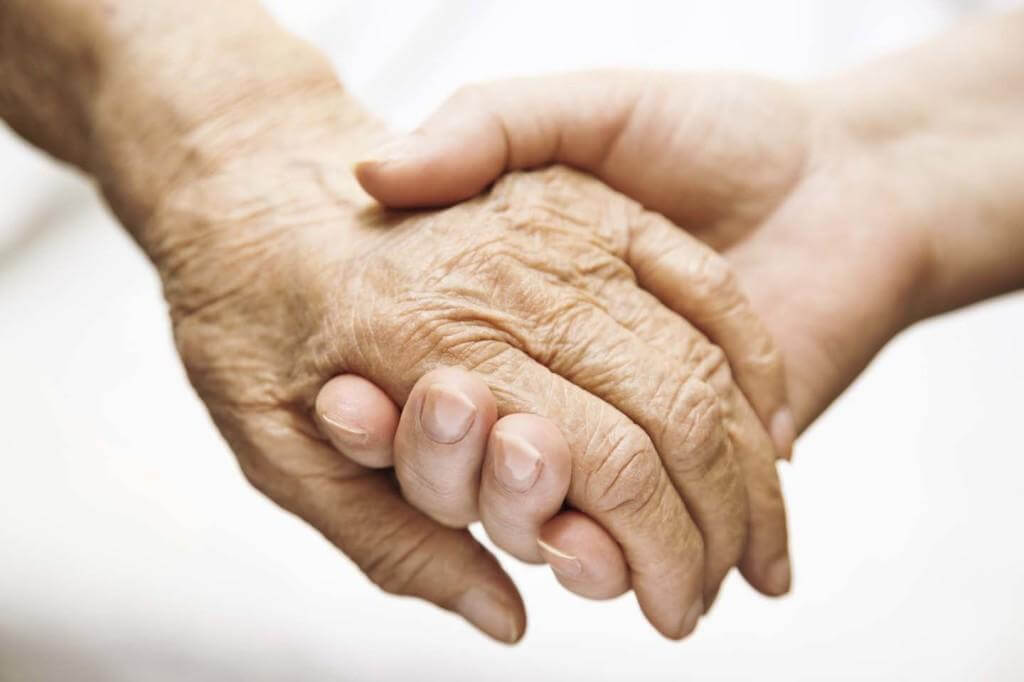Taking care of someone else usually takes a lot of patience. If this commitment exceeds certain limits, physical and psychological stress and exhaustion appear and wreak havoc. It is in this context that we can understand “caregiver syndrome”.
Caregiver syndrome is a disorder that affects people who need to practice this profession, is characterized by the gradual worsening of negative symptoms, in fact, the caregiver gradually transforms his life into that of the patient and his problems into his own.
- Taking care of the 24 hours of a person who has an illness or who has a certain type of disability creates a burden that must be eliminated with leave.
- Temporary leave of work.
- Etc.
- We must go from support to support.
- Take on and carry out activities for which we are often un prepared and to which we must get used to.
- This responsibility can.
- Over time.
- Become a disorder.
- Since.
- According to some experts.
- This syndrome develops as the caregiver assumes tasks (food.
- Medication.
- Hygiene.
- Etc.
- ) that involve being 100% responsible to someone.
- Resulting in a huge physical and psychological consequence.
The responsibility to care for the patient requires almost dedication, leaving little time to devote him to other personal and social activities, this continuous care leads to exhaustion in the caregiver, but also generates anxiety and feeling of guilt when he is not caring for the patient. This can lead to anxiety, depression, isolation, sleep disorders and, most importantly, physical and psychological fatigue.
When a person takes care of someone, their life changes completely, the time they have to dedicate themselves is incredibly short, affecting their personal and social relationships, their mood changes, becomes more sensitive to change and easily irritable, far from helping, everything hurts both the caregiver and the patient.
The secret is to detect the onset of this syndrome and prevent it, take on the task of taking care of someone involves dedicating ourselves completely to it, we must not only acquire skills for the patient’s medical care, but also organize and share tasks with him. other people, to avoid overloading functions and therefore anxiety.
Another fundamental aspect, in which experts place great emphasis, is that the caregiver must avoid, in every way possible, canceling his social life. It is important to continue enjoying a few hours of leisure and free time, to be able to disconnect a little. of the difficult task he is performing, this has a positive impact on the caregiver’s mood and, as a result, it will be easier for him to return to work.
When the experience of caring for another person lasts a long time, one of the most recommended options is to try to seek support and external resources to deal with this complicated situation, this alternative is not always available to the caregiver, but it is necessary. to try to seek help so as not to aggravate the emotional problems generated by this work.
The caregiver must find moments to take care of himself or for others to take care of him, it is very important. Otherwise, those who do this beautiful work will also end up sick, so you have to take care of the caregiver. The one who cares is also the one who deserves the most attention.

